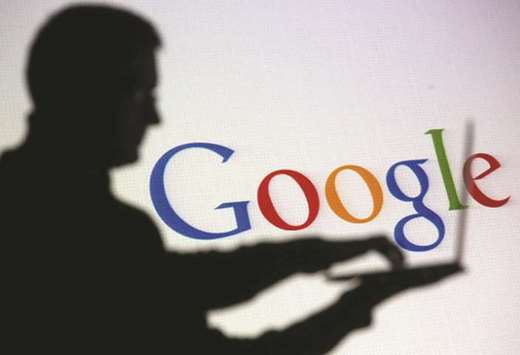Google lost its biggest regulatory battle yet, getting a record €2.4bn- ($2.7bn) fine from European Union enforcers who say the search-engine giant skewed results to thwart smaller shopping search services.
Alphabet Inc’s Google has 90 days to “stop its illegal conduct” and give equal treatment to rival price-comparison services, according to a binding order from the European Commission yesterday. It’s up to Google to choose how it does this and inform the EU of its plans within 60 days. Failure to comply brings a risk of fines of up to 5% of its daily revenue.
“The more consumers click on comparison shopping results, the more money Google makes,” said Margrethe Vestager, the EU’s antitrust chief. “This decision requires Google to change the way it operates and to face the consequence of its actions.”
Vestager’s decision marks the end of a seven-year probe fuelled by complaints from small shopping websites as well as bigger names, including News Corp, Axel Springer and Microsoft Corp. European politicians have called on the EU to sanction Google or even break it up while US critics claim regulators are targeting successful American firms.
Google’s lawyer Kent Walker said the company respectfully disagrees with the EU’s conclusions and will consider a court appeal, according to a blog post.
“When you shop online, you want to find the products you’re looking for quickly and easily,” Walker said. “And advertisers want to promote those same products. That’s why Google shows shopping ads, connecting our users with thousands of advertisers, large and small, in ways that are useful for both. We think our current shopping results are useful and are a much-improved version of the text-only ads we showed a decade ago.”
Vestager said the case is likely to stay on her desk “for quite some time” as regulators monitor how Google deals with the order “for a number of years.” Regulators haven’t talked to Google about how it might meet the EU’s expectations. Vestager said “it is very important for Google to find their way of complying” with the EU order.
Google has been pushing its own comparison-shopping service since 2008, systematically giving it prominent placement when people search for an item, the EU said. Rival comparison sites usually only appear on page four of search results, effectively denying them a massive audience as the first page attracts 95% of all clicks.
“As a result of Google’s illegal practices, traffic to Google’s comparison-shopping service increased significantly, whilst rivals have suffered very substantial losses of traffic on a lasting basis,” the EU said, citing figures of a 45% increase in traffic for Google’s service.
Vestager said the EU might also need to take a closer look at Google’s behaviour concerning maps, travel and restaurant reviews.
Yesterday’s fines could just be the first in a series of EU antitrust penalties for Google, which is fighting on at least two other fronts, including its Android mobile-phone software and the AdSense online advertising service. The decision follows Russia’s $7.8mn antitrust fine and penalties from Italian, German and French privacy authorities. Europe has proved a tough jurisdiction for Google, which fell foul of the region’s top court, losing a high-profile right-to-be-forgotten case three years ago.
“Vestager is proving she means business,” said Thomas Vinje, a lawyer who represents FairSearch, a group of companies that complained to the EU. “This decision will mean that consumers receive comparison-shopping results that offer genuinely the best purchasing options.”

European politicians have called on the EU to sanction Google or even break it up while US critics claim regulators are targeting successful American firms
